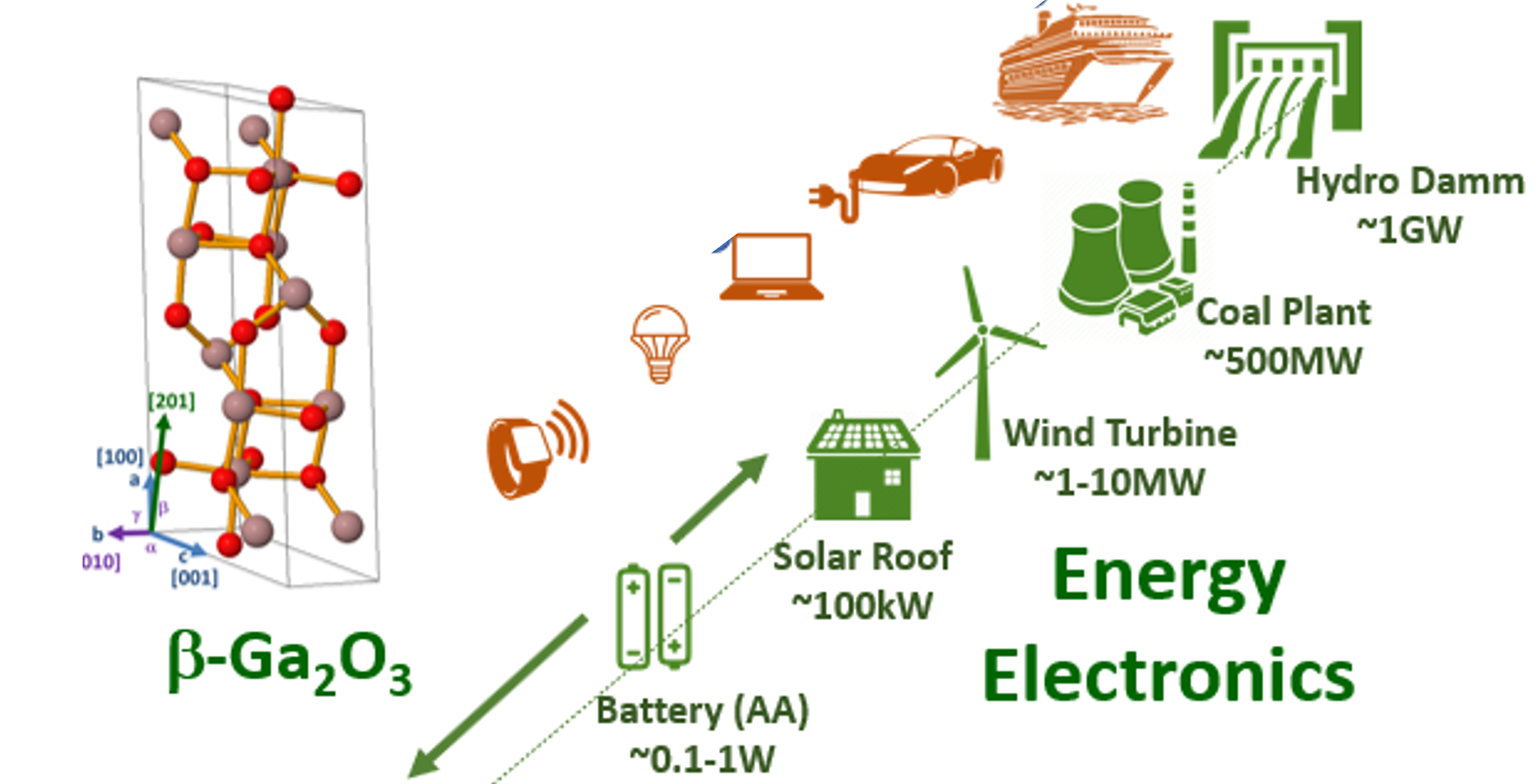Thursday, 22 September 2022
The Deep Tech community meets in Barcelona
The Barcelona Deep Tech Summit (September 22) unfolds a dense programme of roundtables, discussions, and pitches for investors.


Thursday, 22 September 2022
The Barcelona Deep Tech Summit (September 22) unfolds a dense programme of roundtables, discussions, and pitches for investors.

Wednesday, 21 September 2022
An introduction to the quantum materials research and the equipment used at the ICN2 was provided to the students of this year’s edition of the MQST by a few of our researchers. ICREA Prof. Stephan Roche, group leader at the ICN2 and a member of the Master’s Coordination Team, was the host of this meeting and guided tour.
Thursday, 15 September 2022
ICN2 group leader Dr Klaas-Jan Tielrooij is the author of a perspective article in the “News & Views” section of the latest issue of “Nature Materials” that summarizes and highlights the relevance of a study recently published in “Nature”. This work provides a proof-of-concept demonstration of an ultrafast logic gate, using graphene and short laser pulses, which has incredibly promising applications in ultrafast signal processing.
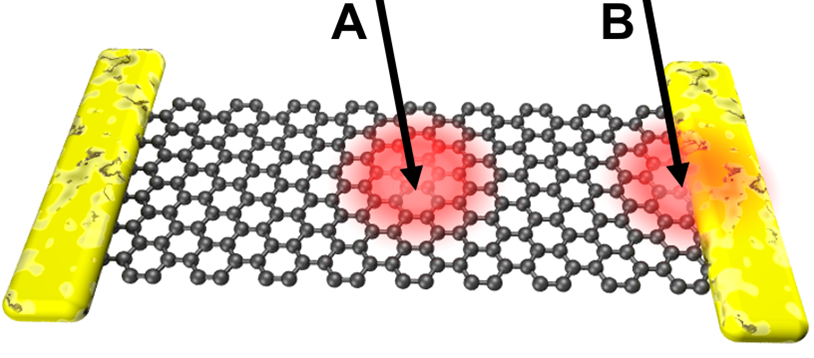
Thursday, 15 September 2022
The new open access journal 'APL Energy' is now open for submissions and will start publishing in 2023.

Thursday, 08 September 2022
Aimed at the development of an innovative and scalable technology for solar energy conversion, SOLARUP will be coordinated by the ICN2, with ICREA Prof. Jordi Arbiol at the leadership.

Monday, 05 September 2022
A team consisting of current and former members of the ICN2 Nanobioelectronics and Biosensors Group has developed an electrochemical sensor based on a modified DNA scaffold nanostructure able to detect antibodies and proteins in unprocessed biological fluids. It has a Y-shaped architecture that mimics the one of natural Immunoglobulin antibodies. According to the results published in an article in ‘Advanced Functional Materials’, it is selective, specific, and adaptable to the detection of different biomarkers.
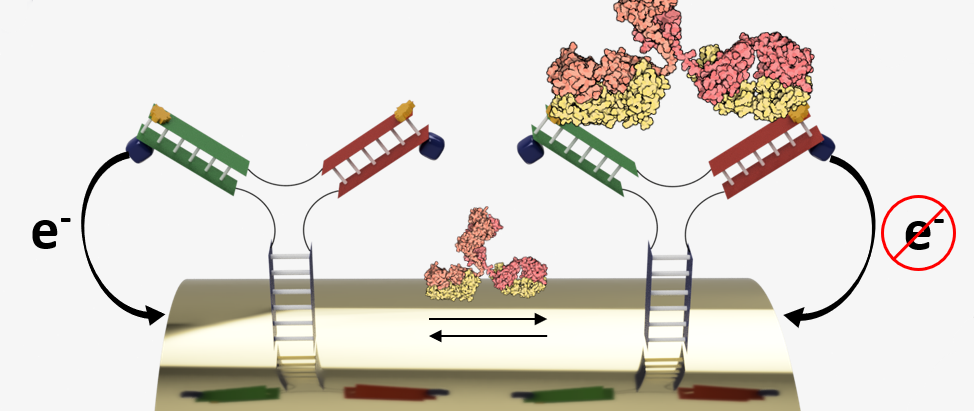
Wednesday, 31 August 2022
The WHO R&D Blueprint organised this consultation with experts in the field to apply scientific lessons learned during the SARS-CoV-2 global pandemic and draw an outline list of scientific gaps and priority research questions to prepare for pathogens with epidemic and pandemic potential.

Monday, 08 August 2022
As reported today in an article in ‘Nature Nanotechnology’, a team of researchers led by scientists at the Catalan Institute of Nanoscience and Nanotechnology (ICN2) achieved the suppression of mechanical vibrations in a silicon nanostructured membrane by shaping it into a cloverleaf-like pattern. Unwanted vibrations compromise the performance of materials for micro- and nano-electromechanical systems. These results open the way to applications in nanotechnology, optical communications and quantum computing, among others. The publication was accompanied by a News and Views article highlighting the work.
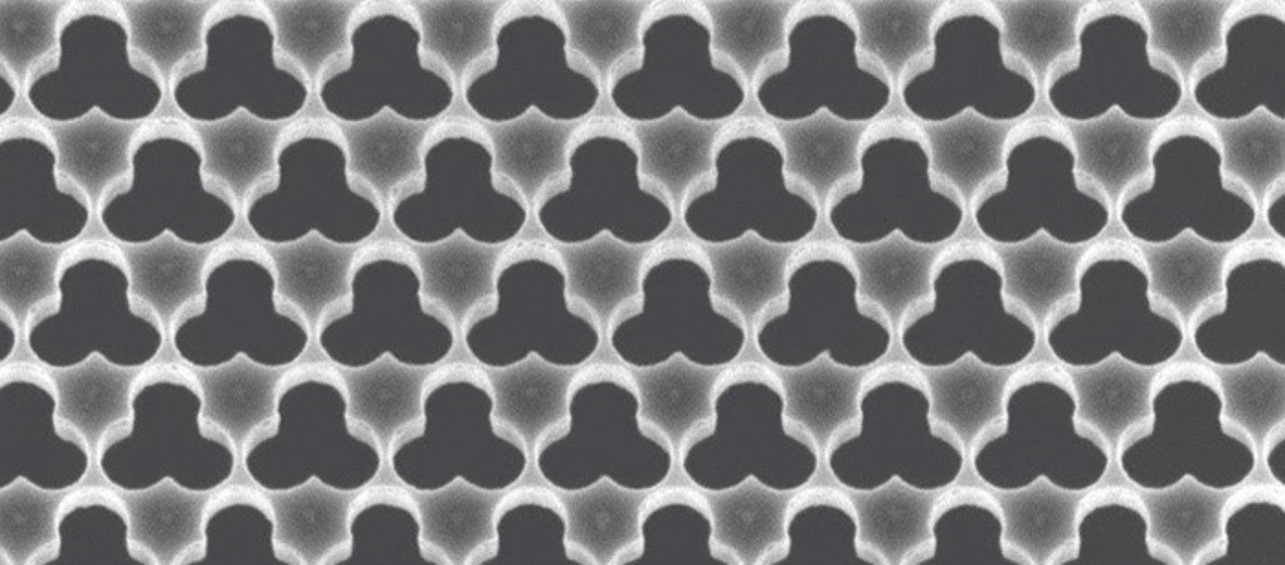
Thursday, 04 August 2022
Nanophotonic (bio)sensors and some leading researchers working on various applications of this family of technologies are featured in an article in the “Nature Tech” Collection.

Tuesday, 02 August 2022
In a study coordinated by ICREA Prof. Jordi Arbiol and his Advanced Electron Nanoscopy Group at the ICN2, and published in “Nature Communications”, arrays of core-shell nanowires made of two different semiconductors and grown horizontally on a planar surface are thoroughly analised by means of scanning transmission electron microscopy. This atomic-scale study is key to understanding how morphological characteristics affect opto-electronic, plasmonic, and quantum properties and how to control them for application in next-generation devices.

Thursday, 28 July 2022
The project, funded by the European Union through the FLAG-ERA initiative, has ICN2 senior researcher Dr Marianna Sledzinska as primary investigator. Over the next three years, MINERVA will study amorphous 2D materials for application in high performance electronics.
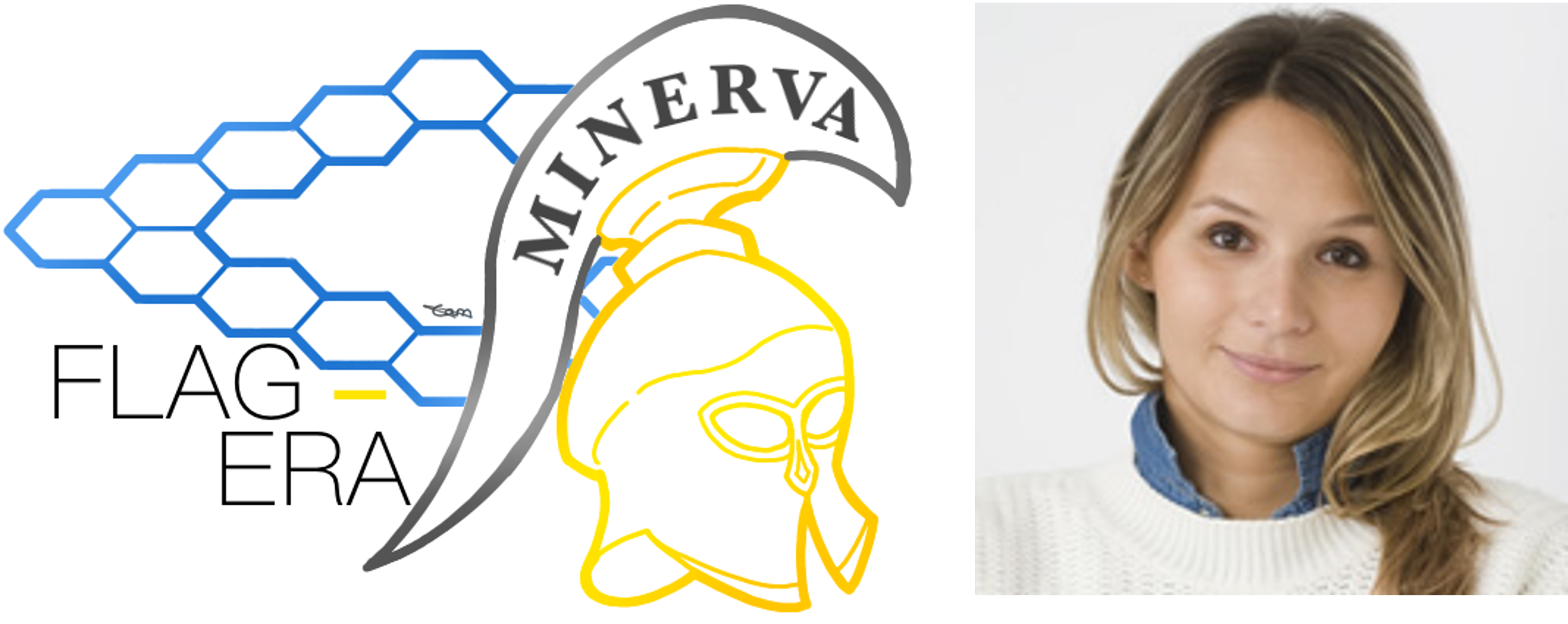
Wednesday, 13 July 2022
A study recently published in “Nature Communications” and led by ICN2 researcher Dr María José Esplandiu introduces micropatterned pumps that use salts as fuel and that can selectively remove cadmium ions from water samples. Reusable, operable in high salt concentrations and able to drive unidirectional fluid flows, these devices look promising for various environmental and biomedicine applications.

Thursday, 23 June 2022
After the enthusiastic reception of the first edition (Bilbao, 2021), this second appointment of the Quantum Matter Conference renews its success with great participation by representatives of academia, research and industry. The ICN2 is among the organisers of the event.
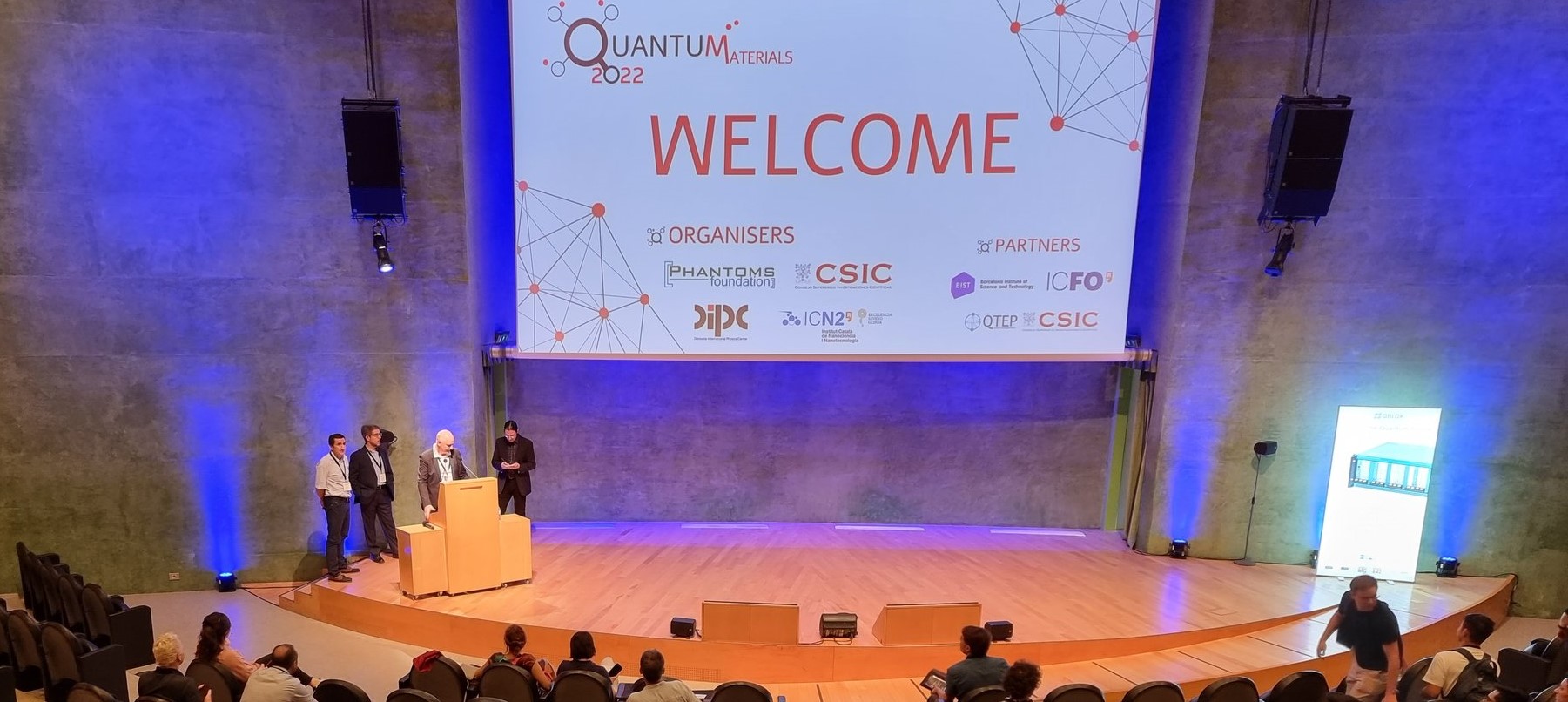
Wednesday, 15 June 2022
A new publication dedicated to bioengineering, with a special focus on applications and technology transfer, is being added to the Nature journal portfolio. In a seminar held at the ICN2, Chief Editor Dr Horejs presented the journal and discussed key aspects of the review and publication process in Nature-Springer.

Tuesday, 14 June 2022
The actuality and prolific nature of the topic called for a second special issue. ICN2 group leaders Prof. Merkoçi and Prof. Lechuga signed the editorial.
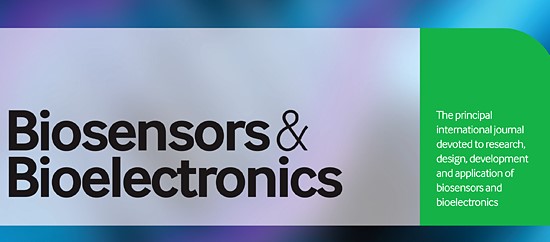
Monday, 13 June 2022
The ICN2 proudly welcomes a new Group Leader, Prof. María Escudero Escribano, who will join our institute in September 2022 as an ICREA Research Professor. Her arrival at the ICN2 strengthens our institution's involvement in renewable energy research. She has just been awarded an ERC Consolidator Grant for a project aiming at developing novel techniques for the conversion of methane into renewable fuels, which she will carry out at the ICN2.
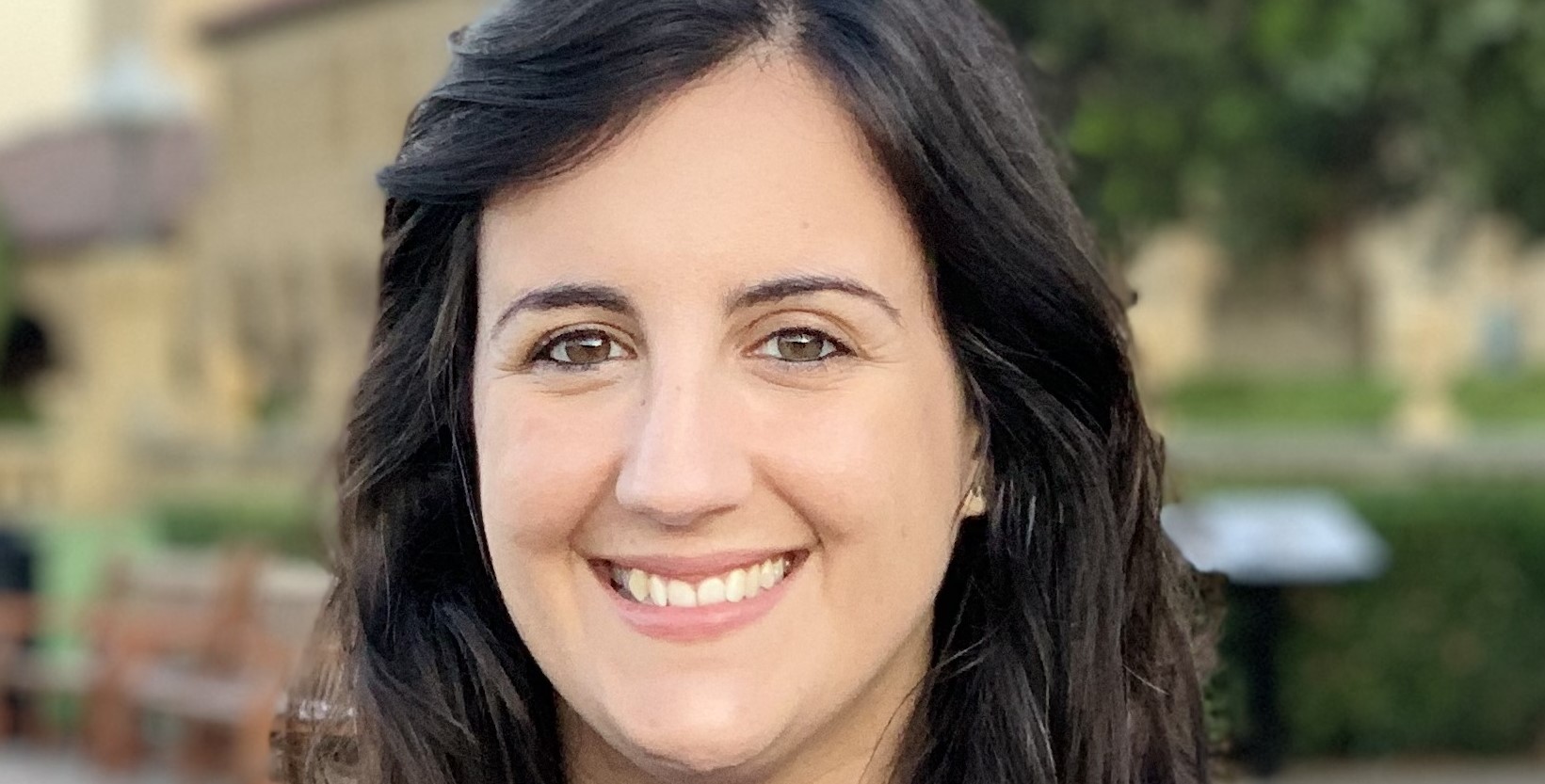
Wednesday, 08 June 2022
In this lecture, ICN2 Director Prof. Pablo Ordejón explained the role of nanotechnology in addressing major challenges in health, energy, environment, and other fields and provided examples of existing applications and new developments.
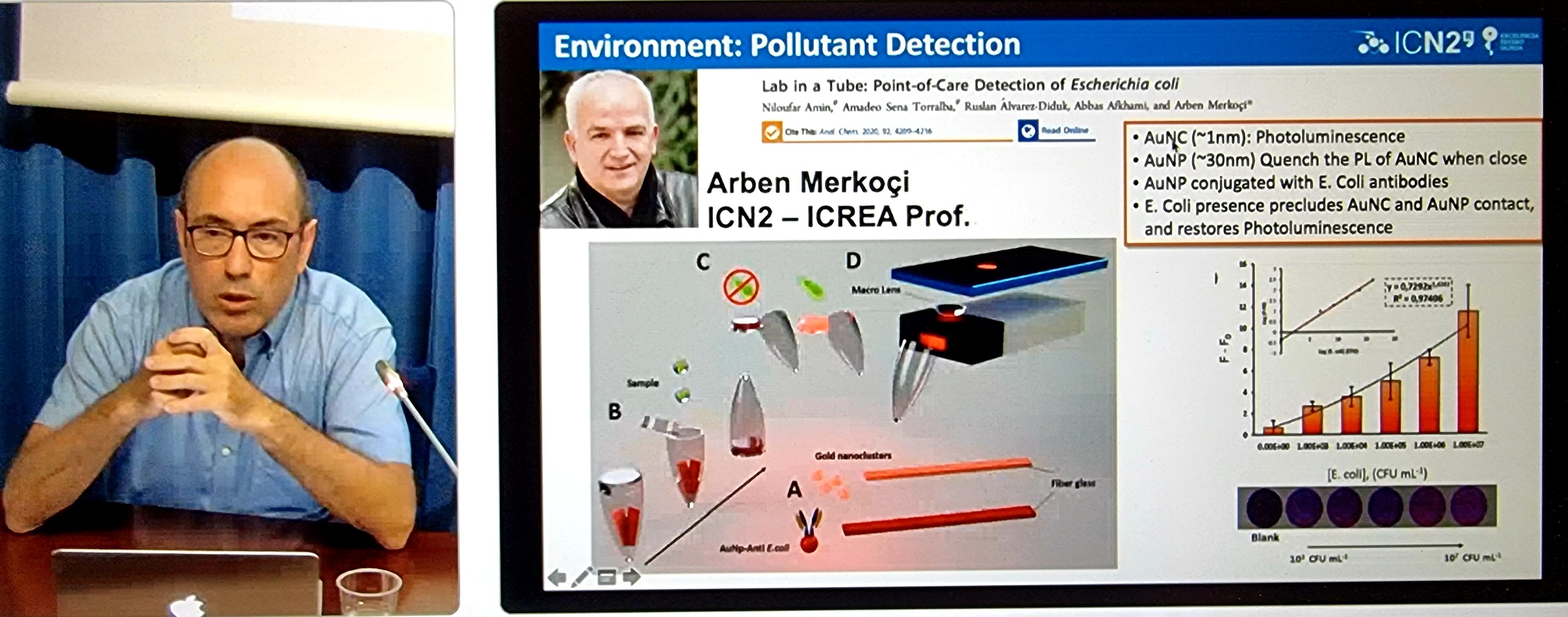
Monday, 30 May 2022
The event, which was organised by group leader Prof. Laura Lechuga and counted on the participation of many members of the ICN2 community, aimed at bringing together researchers in the field of nanomedicine, clinicians from relevant hospitals, and healthcare industry experts to share results and views both on recent advances in the field and on effective procedures to transfer new technologies into clinical practice.

Friday, 27 May 2022
Granted a total of 5.2M euros, the project will be carried out by a consortium coordinated by the ICN2 and that includes INBRAIN Neuroelectronics, a spin-off company founded by researchers from ICN2, IMB-CNM-CSIC and ICREA developing graphene-based implants to treat neurological diseases.
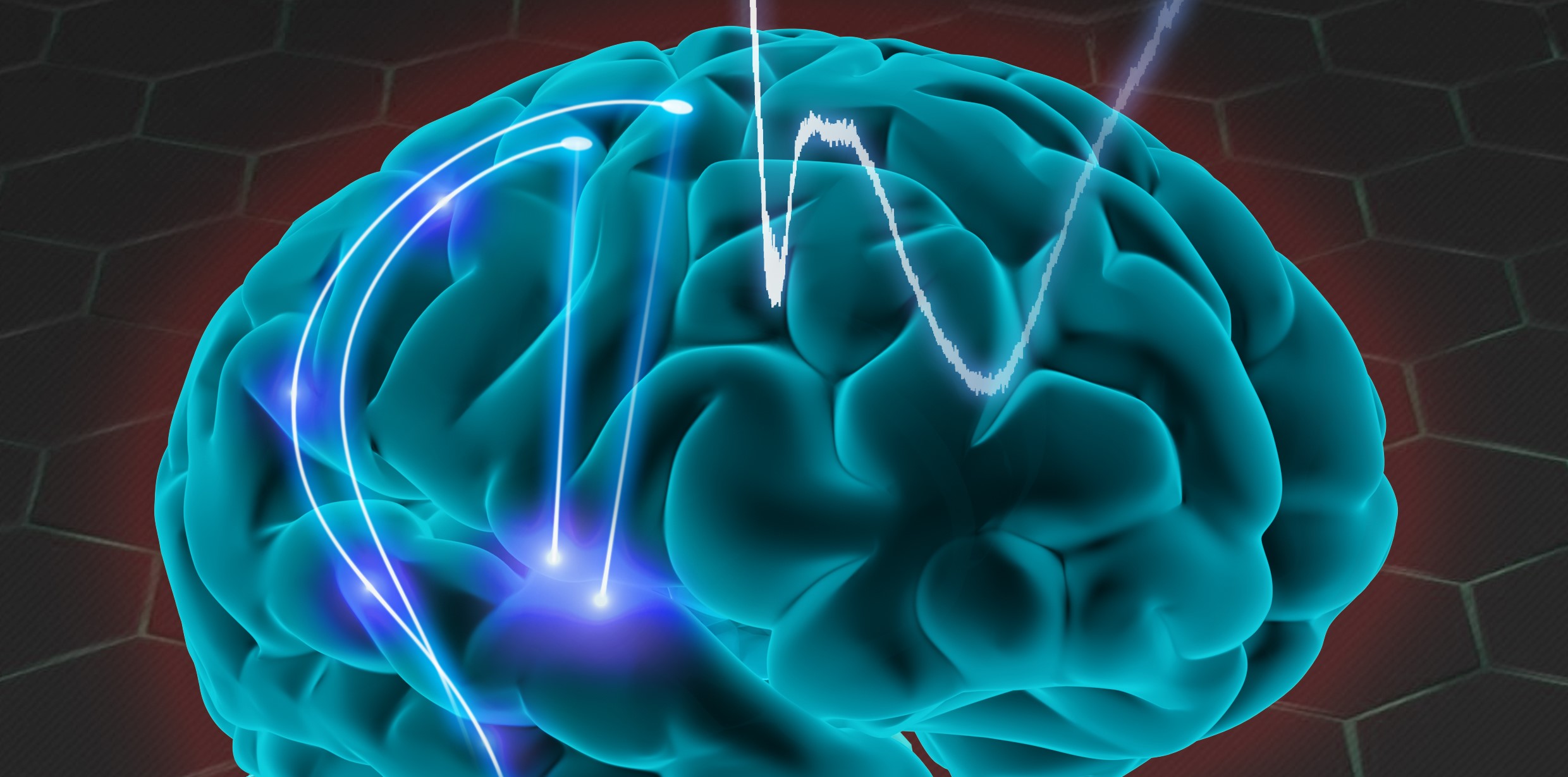
Tuesday, 24 May 2022
Editor’s Choice and one of the most downloaded papers of the ‘Materials’ (MDPI) journal in the first five months of the year, this review discusses the application of ultra-wide bandgap semiconductors in power electronic devices, focusing in particular on gallium oxide. The work was coordinated by Dr Amador Pérez-Tomás, senior researcher at the ICN2.
